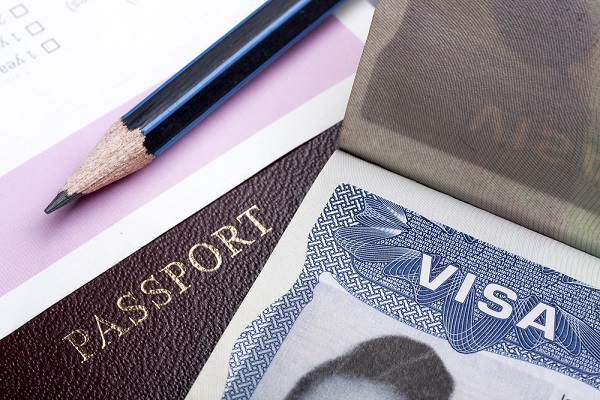
A compromise approved by the Committee of Permanent Representatives (Coreper) on Thursday 25 November 2015 could see the facilitated legal entrance of third country citizens into the EU for the purposes of research, study, internships, volunteering, students exchanges and au-pair work.
The compromise was agreed in trialogue with the European Parliament on a directive aiming to encourage social, cultural and economic relations between the EU and third countries, by providing a coherent legal framework for citizens of the latter wishing to enter Europe legally. The directive intends to develop transfers of skills and know-how and promote competitiveness.
The situation of researchers and students has been significantly improved, with such individuals able to benefit from flexible and simplified intra-EU mobility, as well as stay in the Union for at least nine months following the completion of their studies or research in order to look for a job or set up a business. Students will also be able to financially support themselves by working at least 15 hours a week in parallel to their studies.
The directive also provides for uniform conditions for entering and staying in Europe for interns and volunteers under the European Volunteer Scheme. The text additionally lays out clarified provisions for improving entry and residence conditions for students and au pairs.
"I am particularly pleased with this agreement which will offer more legal entry routes in the EU Member States," commented Jean Asselborn, Luxembourg Minister for Immigration and Asylum and President in-office of the JHA Council. "I am convinced about the added value of this new tool and the beneficial effects it will have. The directive will help to make the European Union more accessible and will attract more young talent to Europe, which will help us to invest in the future."
Today's agreement was reached during three-way negotiations between the Luxembourg Presidency of the Council of the EU, the European Parliament and the European Commission on 17 November 2015. If approved by the European Parliament's LIBE Commission on 30 November, the legal texts will then be submitted to the 'Justice and Home Affairs' Council on 4 December 2015 for political agreement.
Photo by Shutterstock








